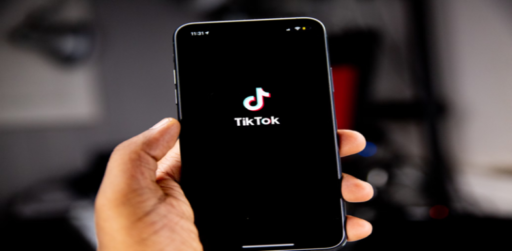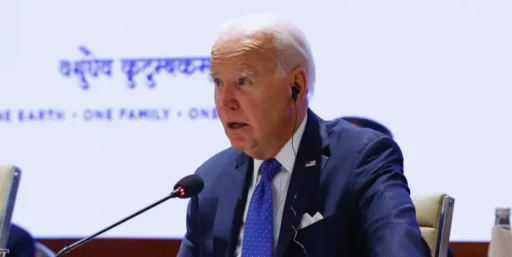A Troubled Past:
The litany of security breaches plaguing Microsoft includes misconfigured endpoints, compromised security certificates, and weak password protocols, all of which have exposed sensitive data to potential threats. Among the most notable breaches were orchestrated by the China-based hacking group Storm-0558 and the Russian state-sponsored group Midnight Blizzard, casting a shadow over Microsoft’s reputation and integrity.
Cyber Safety Review Board Report:
The culmination of these breaches prompted a scathing report from the US Cyber Safety Review Board (CSRB), which condemned Microsoft’s inadequate security culture and response strategies. The report highlighted the urgent need for Microsoft to revamp its security practices and mitigate future risks effectively.
The Secure Future Initiative:
Charlie Bell’s Statement:
Charlie Bell, Microsoft’s Security Executive Vice President, underscored the paramount importance of security in Microsoft’s operations. He outlined three core security principles and six security pillars designed to address vulnerabilities and reinforce the company’s resilience against evolving cyber threats.
Executive Pay Linked to Security Goals:
As part of the SFI, Microsoft announced plans to tie a portion of its Senior Leadership Team’s compensation to the company’s security performance. This strategic move aligns executive incentives with organizational security objectives, signaling Microsoft’s unwavering commitment to prioritizing security at all levels.
Concrete Fixes and Promises:
Microsoft has already implemented several proactive security measures, including mandatory multifactor authentication, app inventory and removal initiatives, enhanced security logging, and adherence to industry-standard security protocols. Furthermore, Microsoft has pledged to secure all user accounts with phishing-resistant authentication methods, enforce least-privilege access controls, and bolster network monitoring and isolation mechanisms.
CEO Satya Nadella’s Memo:
In an internal memo obtained by The Verge, CEO Satya Nadella reaffirmed Microsoft’s steadfast dedication to security excellence. He emphasized the imperative of prioritizing security over competing objectives, even if it entails delaying new feature releases or reallocating resources to strengthen security infrastructure.
Looking Ahead:
Microsoft’s Secure Future Initiative marks a pivotal turning point in the company’s security journey, signaling a renewed commitment to safeguarding user data and upholding trust in its products and services. With a proactive approach to security and a culture of continuous improvement, Microsoft endeavors to navigate the ever-evolving cybersecurity landscape with resilience and confidence.











